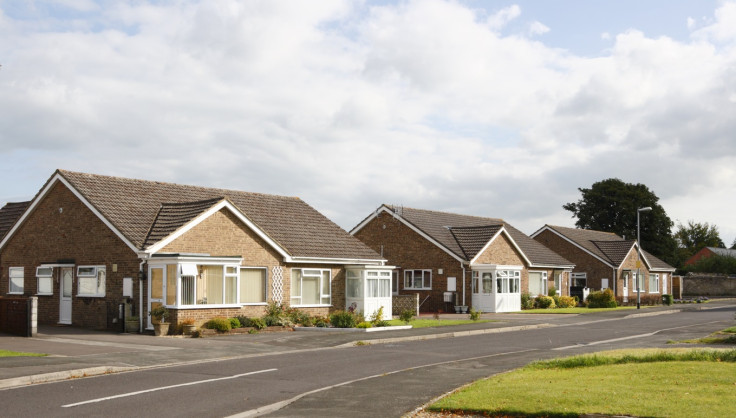Could bungalows be an answer to London's housing crisis?
Conservative London Assembly member Andrew Boff claims there is 'massive demand' for bungalows.

A new wave of bungalow building could help ease London's housing crisis, suggests a report, as it would give older people better downsizing options, freeing up more family homes.
Bungalow building has flatlined over the past few decades as demand shifted towards larger family homes and newbuild flats, which is where housebuilders have focused their energies. In 2015, just 2% of new home registrations with the NHBC were bungalows – around 2,000 homes.
But a report by Andrew Boff, a Conservative member of the London Assembly and chairman of its housing committee, claims there is a "massive demand" for bungalows, citing various surveys, including one in 2015 by YouGov where 30% of people said they are their ideal retirement home.
"There is a massive demand for attractive downsizing options that is simply not being addressed," said Boff, who is calling for City Hall to encourage bungalow building through its London Plan. "The unseen consequence of this is a stagnation of the housing market as elderly people become reluctant to move.
"By building more bungalows, which my report shows are in huge demand, we can halt that stagnation and free up family homes for those who need them. There is no single solution to solving London's housing crisis but this is a practical and sensible idea to get the market moving in the right direction."
However, there is a push to relieve pressure on the city's housing crisis — around half the 50,000 new units needed a year are currently delivered, driving up house prices and rents — through densification and more efficient use of land. Bungalows are inefficient because they accommodate very few people, while taking up lots of space.
But the Boff report suggested that "there have been a number of innovations aimed at meeting this challenge".
"The Papworth Trust has developed a carefully designed 'space-saving' bungalow, which can provide for two bungalows in an area of under 70m2 – the typical plot of a standard single two-bedroom home," said the report.
"Meanwhile, new concepts are being developed, such as 'stacked' bungalows, which would enable two or more bungalows to be built on a single plot of land with a gentle slope, as well as 'eco cottages', a two-storey house that can be developed at low cost and converted to two bungalows as required.
"Clearly bungalows will not be suitable in all areas of London – particularly areas where higher densities are required. However, in addition to the smaller parcels of land as noted above, where higher densities would not be possible anyway, outer London areas could be particularly receptive to this form of development."
The report concluded: "While no one solution can tackle London's housing issues on its own, and increasing overall supply must remain the key priority, addressing this untapped potential can make an important contribution to the housing needs of many Londoners throughout London's housing market."
© Copyright IBTimes 2025. All rights reserved.






















